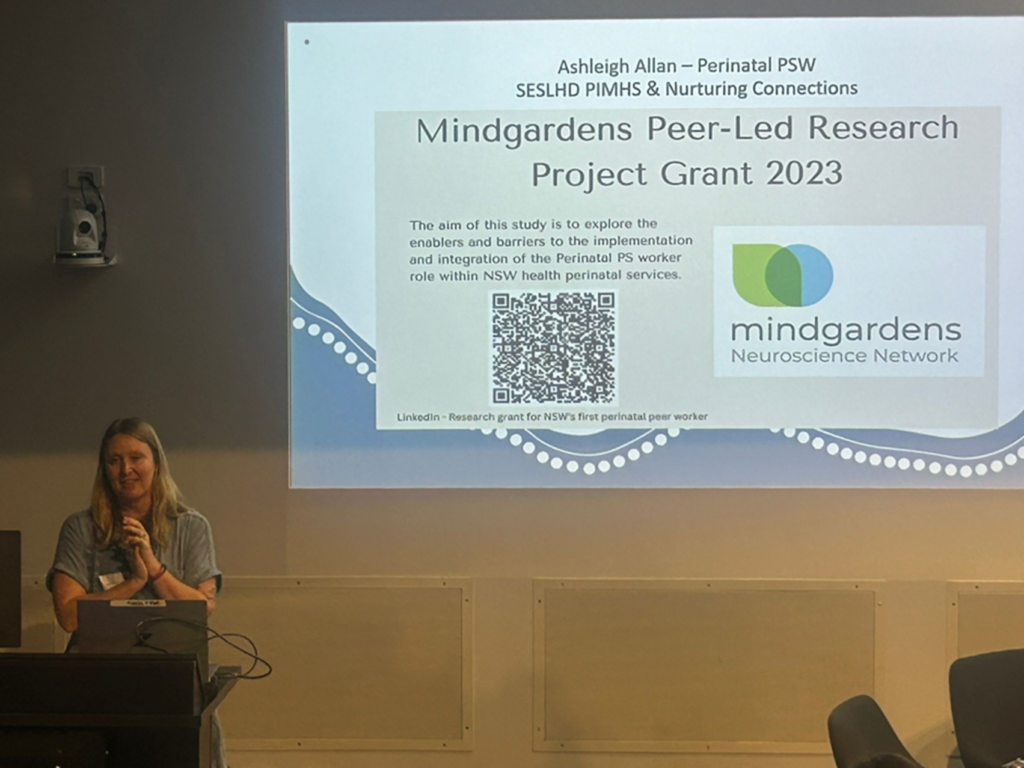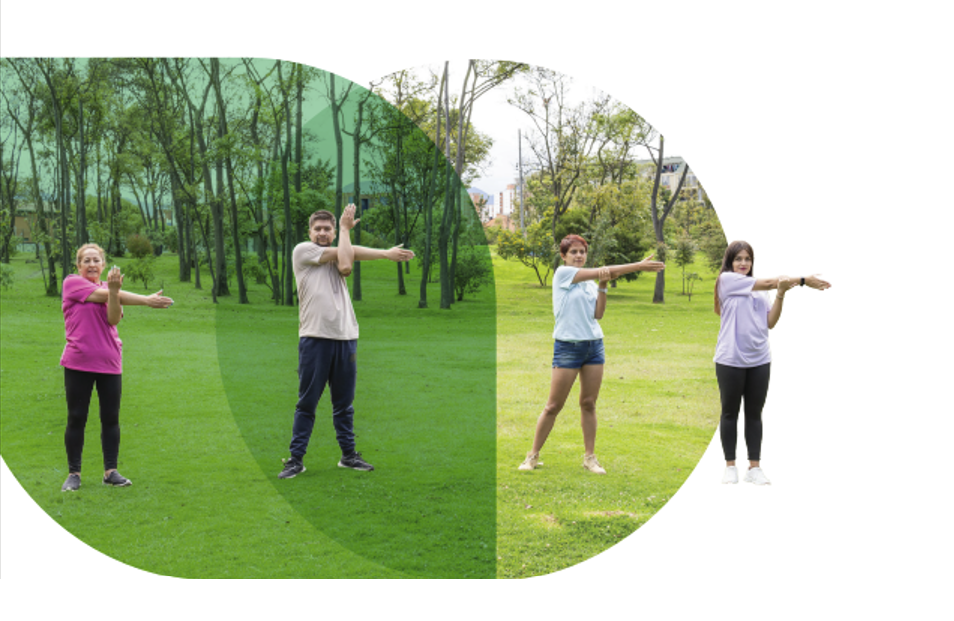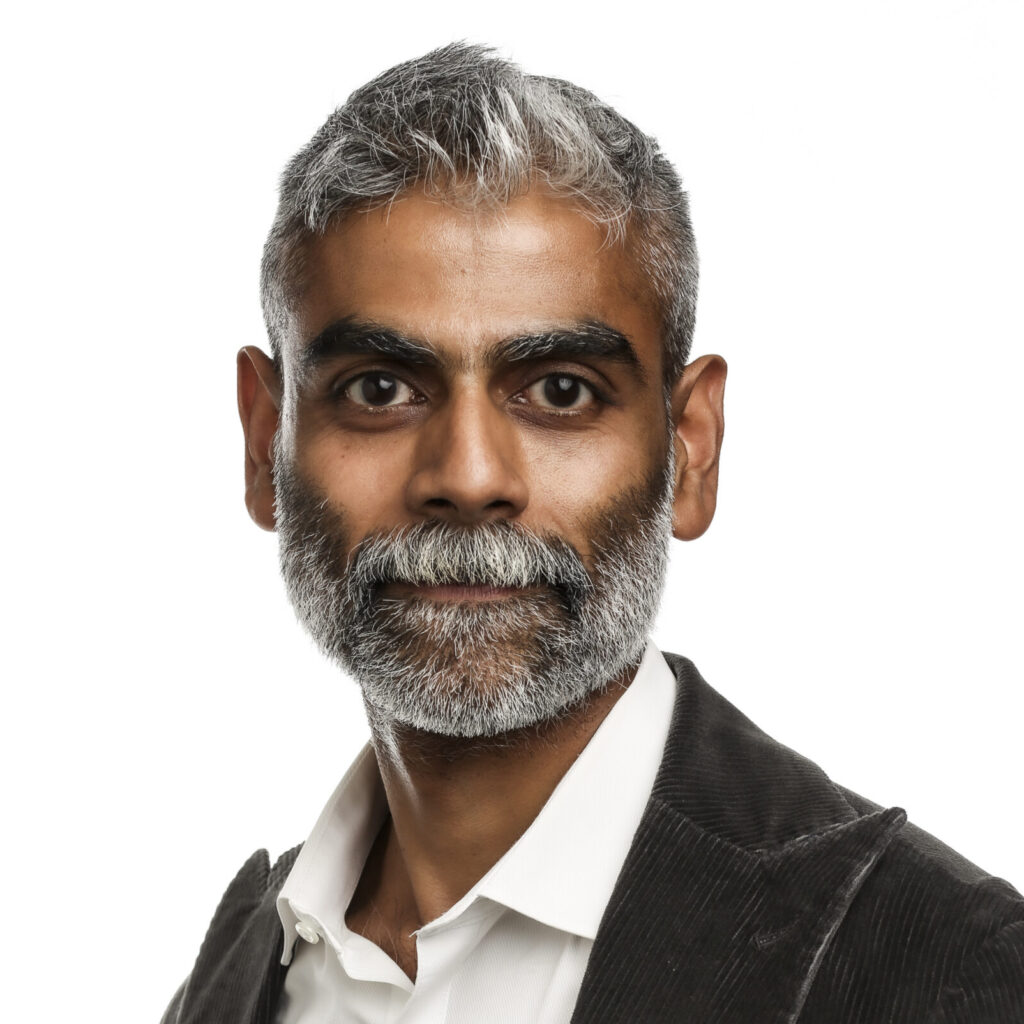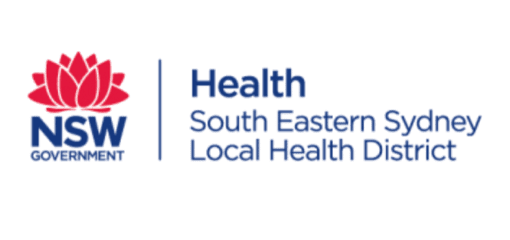The Introduction to Implementation Science Workshop by MindLabs delivers value and critical insights to researchers
The Introduction to Implementation Science Workshop by MindLabs delivers value and critical insights to researchers
The Introduction to Implementation Science workshop was facilitated by Dr Carmen Crespo, Research Associate at the School of Clinical Medicine at UNSW, as part of Mindgardens’ MindLabs initiative, which enables collaboration to accelerate the transformation of ideas into innovative new treatments and supports for mental wellbeing.
The one-day online workshop adopted a format focused on collaboration, where the 22 participants were regularly asked to share their perspectives and personal experiences, as well as broken off into separate groups to work together.
Dr Crespo said hosting such workshops is crucial as implementation science (IS) is a relatively new but rapidly growing field that bridges the gap between research and practice.
“Workshops serve as platforms to disseminate knowledge about this field, helping participants understand its principles, methodologies, and applications,” said Dr Crespo, whose research passion lies in the implementation and sustainability of health interventions.
“By introducing implementation science concepts and methods, participants gain insights into how evidence-based practices can be effectively translated and evaluated in real-world settings.”
With IS still emerging as a mainstream approach, the workshop provided participants, who were from tertiary and clinical backgrounds, with an overview of the field and allowed them to not only acquire theoretical knowledge but also start thinking about the next practical steps necessary for designing, implementing and evaluating interventions.
“They can learn about various frameworks, theories, and methodologies used in the area while they are provided with resources to critically assess, through the lenses of IS, their own projects,” Dr Crespo added.
“Additionally, I think this workshop is a great platform for networking opportunities, allowing participants from different fields and disciplines to connect and exchange their knowledge and experiences.”
Alenda Dwiadila Matra Putra, a Master’s student at the School of Population Health, UNSW, attended the workshop after developing a keen interest in IS through his studies.
“I wanted to gain different perspectives of IS and practice by other implementation scientists and experts, particularly on how they have integrated implementation theoretical frameworks into their project,” Mr Putra said.
“It is always great to learn from as many experts as I can [to] deepen my understanding about this science.”
Learning about the workshop from his supervisor at UNSW’s Centre for Primary Health Care and Equity, Mr Putra said its focus on applying frameworks that he had previously studied had “enriched” his understanding of IS principles.
“As I have been trying to apply IS in my internship project, particularly in the program evaluation, this workshop was of immediate interest and value to me,” he said.
“Critically, I learned that one framework might be overlapping with other frameworks and one framework might be more appropriate for other types of projects. It is good to see how implementation logic models have facilitated a newbie like me in understanding the interrelation between one framework with others.”
He added that the collaborative format of the workshop was “excellent” and enabled him to hear examples of real, ongoing projects using IS by other participants.
“Collaboration during the workshop also helps measure whether I am on the same page with others in terms of my understanding about the content – I will definitely attend future IS workshops,” he said.
Dr Marina van Leeuwen, Lecturer at the School of Clinical Medicine (SoCM) at UNSW, also attended the workshop and said the key learnings provided value for her work.
“I provide research support to staff and students of the UNSW SoCM Rural Clinical Campus in Albury. Their projects often have the potential to change clinical practice locally and I think we need to start thinking about how to take a more active role in implementation,” Dr van Leeuwen said.
“The workshop provided an introduction to some of the key frameworks underpinning implementation science and gave practical examples – it was a good starting point for someone new to implementation science.”
Commenting on the collaborative element of the workshop, Dr van Leeuwen said it provided a “comfortable environment”.
“It was helpful to interact with other researchers who were also new to IS… I will attend future workshops and I also regularly encourage my own students to attend as I see great benefit in doing so,” she said.
Dr Crespo said she hoped the key takeaways for participants who attended the workshop include a foundation of the relevance of IS.
“I hope they achieved familiarisation with the concepts, frameworks, and methodologies and understanding of factors influencing successful implementation,” she said.
“Additionally, I hope this workshop serves as a starting point for participants to identify strategies for overcoming implementation challenges and assists them to start developing critical thinking skills when planning to implement and evaluate interventions.”
Serving as the facilitator of the IS workshop also enhances Dr Crespo’s professional development, she says, refining her communication, teaching and leadership skills.
“During these workshops, I have the opportunity to engage with a diverse group of participants, facilitating meaningful exchanges of ideas and perspectives that are greatly valuable to my own research and career progression,” she said.
“It also enables me to establish connections with researchers, practitioners, and policymakers thereby expanding collaborative prospects and fostering the progression of implementation science.”
Brings together the strengths of four founding organisations









